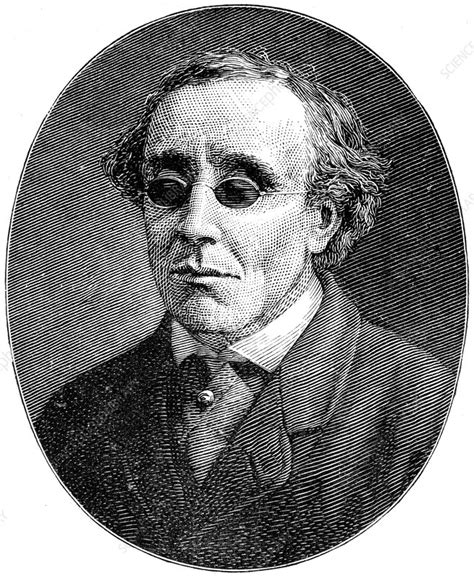A Quote by Robertson Davies
To ask an author who hopes to be a serious writer if his work is autobiographical is like asking a spider where he buys his thread. The spider gets his thread right out of his own guts, and that is where the author gets his writing.
Related Quotes
A friend of mine who writes history books said to me that he thought that the two creatures most to be pitied were the spider and the novelist - their lives hanging by a thread spun out of their own guts. But in some ways I think writers of fiction are the creatures most to be envied, because who else besides the spider is allowed to take that fragile thread and weave it into a pattern? What a gift of grace to be able to take the chaos from within and from it to create some semblance of order.
How frightful a thing it is for the preacher when he becomes accustomed to his work, when his sense of wonder departs, when he gets used to the unusual, when he loses his solemn fear in the presence of the High and Holy One; when, to put it bluntly, he gets a little bored with God and heavenly things.
The Plagiarism of orators is the art, or an ingenious and easy mode, which some adroitly employ to change, or disguise, all sorts of speeches of their own composition, or that of other authors, for their pleasure, or their utility; in such a manner that it becomes impossible even for the author himself to recognise his own work, his own genius, and his own style, so skilfully shall the whole be disguised.







































